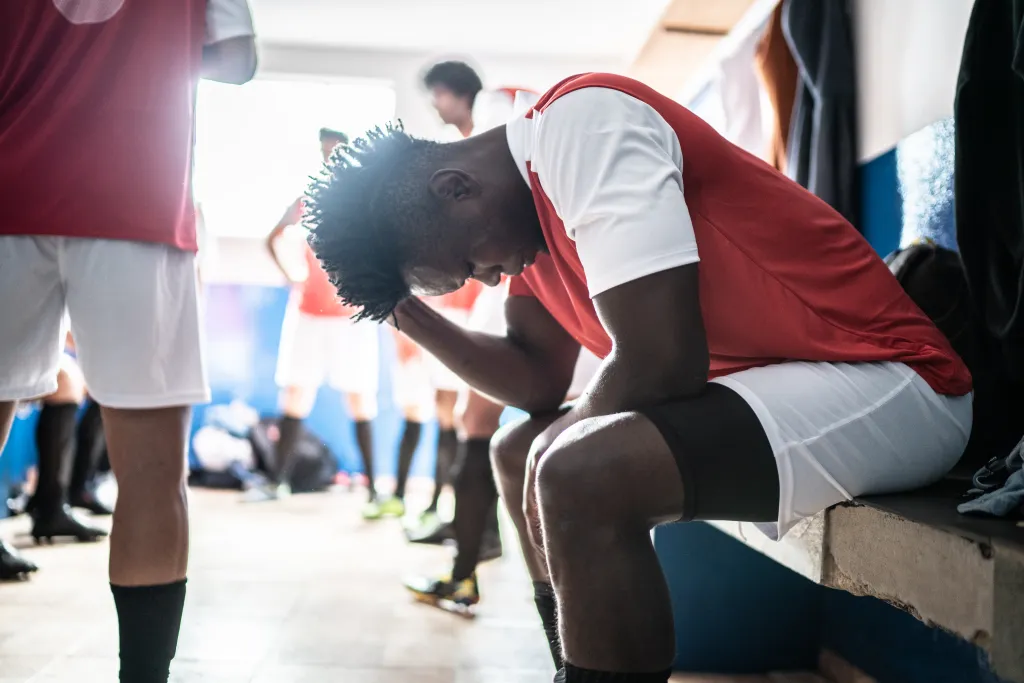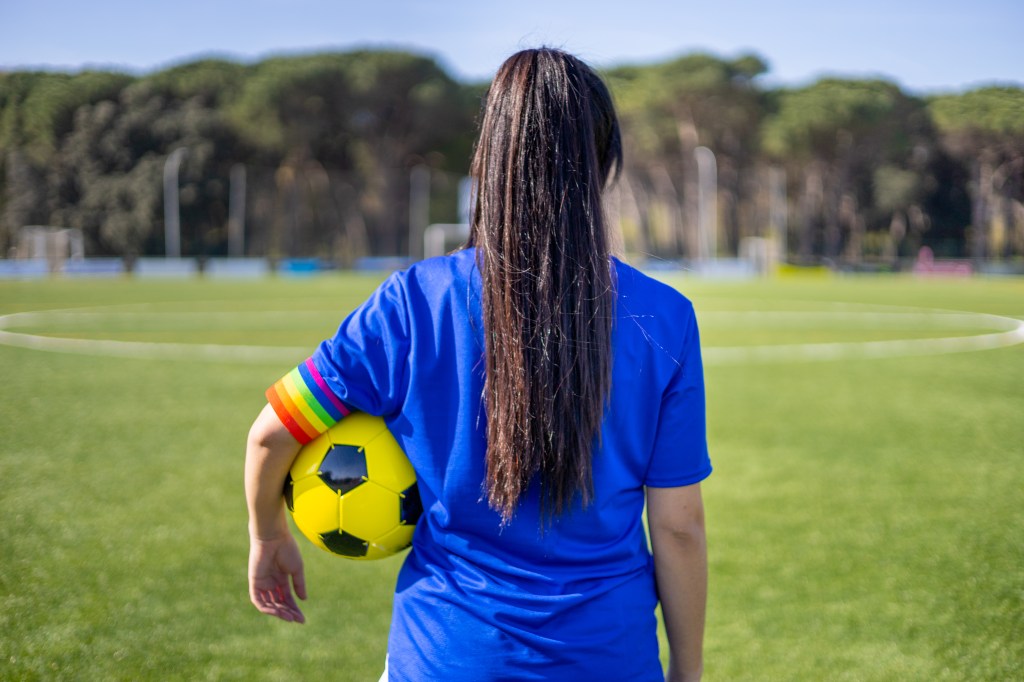Over a third of LGBTQ+ young athletes in Australia are discriminated in sport, according to study

The study looked into LGBTQ+ young people in sport in Australia. (Getty/stock image)
Over a third of LGBTQ+ young athletes in Australia have experienced discrimination in sport, according to a new study.
The landmark study led by Swinburne University of Technology, Melbourne, looked into ongoing homophobia in sport. The study found that more than half of LGBTQ+ young people in Australia have witnessed discrimination in community-based sports, while 40% reported personal experiences of being discriminated against.
Much of the discrimination the sporting community is subjected to is “verbal vilification”, which isn’t surprising given the recent AFL bans against both Jeremy Finlayson and Wil Powell, who both used homophobic slurs on the pitch within a month of each other.
Over 70% of young gay men reported witnessing homophobia, and over 60% experienced it first-hand.

Despite small strides being made in the sporting industry to become more inclusive, “rates of experiencing and witnessing homophobia in sport for gay men have barely shifted in recent years,” study author Dr Ryan Storr said.
“We still have a long way to go to make men’s sports environments safe and welcoming.”
The study also revealed that LGBTQ+ young people’s participation in sports (around 30%) is significantly lower than their non-LGBTQ+ peers (60%).
The study was led by Swinburne Research Fellows Storr and Dr Carleigh Yeomans, who collected data from over 1,000 LGBTQ+ young people (aged 16-25) across Australia.

In a press release, Storr said: “The young people we spoke to for this study highlighted their desire to be able to play sport and ‘just exist’ or be themselves, without having their identities questioned, debated and interrogated.
“This research clearly indicates that discrimination stops LGBTIQA+ young people from playing sport, and when they do play, they often have to endure ongoing discrimination.”
Storr concluded: “The benefits are clear when LGBTIQA+ people feel safe and included in sport, it improves mental health outcomes and increases social capital and feelings of belonging and connection. We can, and must, do better.”
If this story has affected you, call QLife on 1800 184 527 from 3 pm-midnight 7 days a week for LGBTQ+ peer support or referral on sexuality, gender, bodies, feelings or relationships.
How did this story make you feel?

